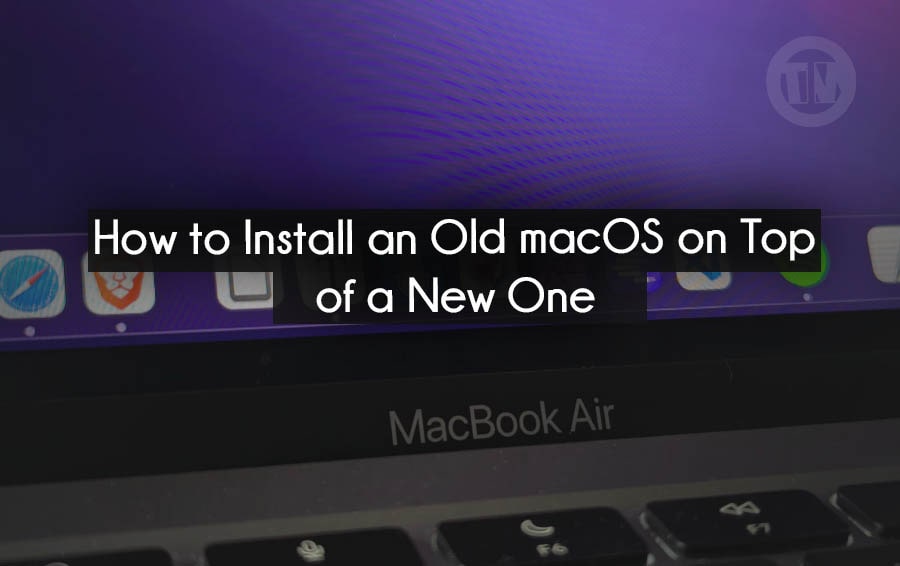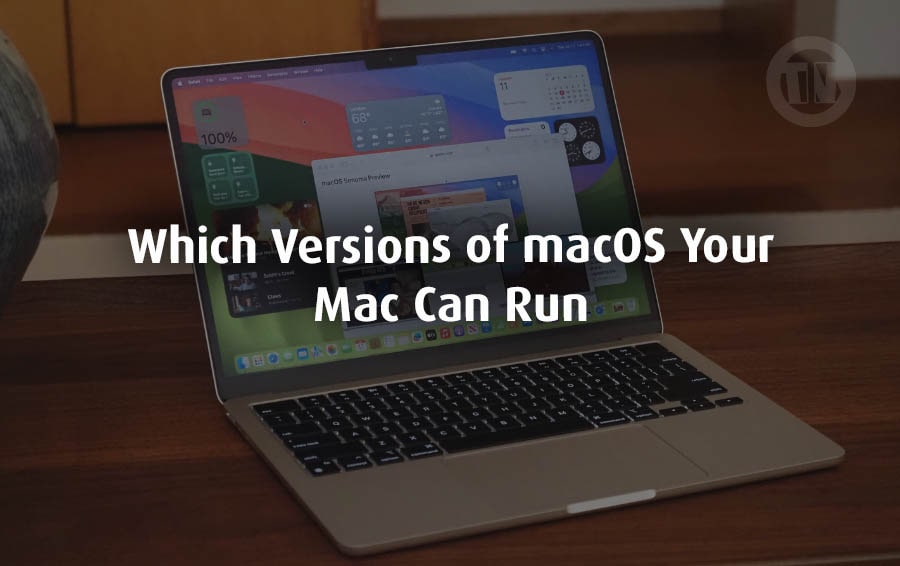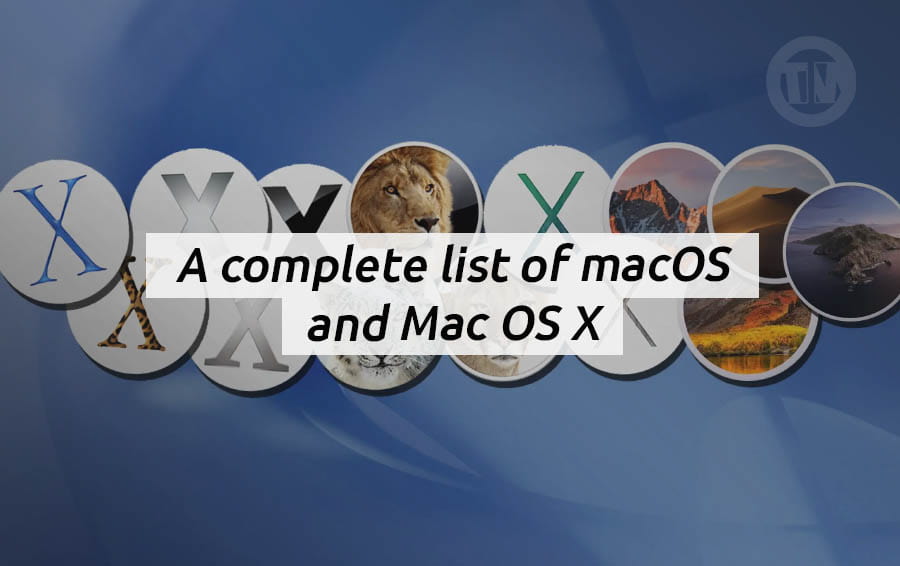
Artificial Intelligence (AI) is transforming industries and driving innovation at an unprecedented pace. While Nvidia has been a significant player in the AI space, with its cutting-edge GPUs powering AI applications, the landscape is ever-evolving.
By 2030, other tech giants like Microsoft, Apple, and Alphabet may surpass Nvidia in the AI arena. In this article, we’ll explore why these three companies are poised to become AI leaders.
Microsoft
Microsoft, a household name in technology, has been at the forefront of digital transformation. From operating systems to cloud computing, Microsoft has a diverse portfolio that significantly impacts the tech industry.
Microsoft has heavily invested in AI through its Azure cloud platform, which offers robust AI tools and services. The company has also acquired several AI startups to bolster its capabilities, including Bonsai and Lobe.
Microsoft’s AI products include Azure AI, which provides machine learning, cognitive services, and bot services. Additionally, Microsoft’s AI capabilities are integrated into Office 365, enhancing productivity tools with AI-powered features.
Microsoft’s financial health is strong, with consistent revenue growth and substantial investments in research and development. The company’s focus on AI and cloud computing is expected to drive future growth.
Microsoft’s comprehensive AI strategy and continuous innovation position it well for significant growth in the AI market. By 2030, Microsoft could very well outpace Nvidia as an AI leader.
Apple
Apple, renowned for its innovation and premium products, has seamlessly integrated AI into its ecosystem. From iPhones to MacBooks, AI plays a crucial role in enhancing user experience.
AI is embedded in various Apple products, such as Siri, the AI-powered virtual assistant, and the A-series chips, which include neural engines designed for machine learning tasks.
Apple continues to invest in AI research, focusing on privacy-preserving AI technologies. The company’s acquisition of AI startups like Xnor.ai demonstrates its commitment to advancing AI.
Apple’s strong market presence and financial stability allow it to invest heavily in AI. The company’s strategic focus on integrating AI into consumer products ensures a steady growth trajectory.
Apple’s commitment to innovation and user-centric AI applications positions it as a potential AI leader by 2030. The company’s advancements in AI hardware and software are set to revolutionize the tech industry.
Alphabet
Alphabet, Google’s parent company, is a powerhouse in the AI domain. With a wide array of AI initiatives and a deep focus on research, Alphabet is pushing the boundaries of what’s possible with AI.
Google AI projects, such as Google Assistant, Google Translate, and Google Photos, showcase the company’s AI prowess. Alphabet’s AI research arm, DeepMind, is known for its groundbreaking work in machine learning.
Alphabet has several subsidiaries focused on AI, including Waymo (autonomous driving) and Verily (healthcare AI). These ventures diversify Alphabet’s AI portfolio and expand its market reach.
Alphabet’s financial strength, driven by its advertising business, provides ample resources for AI research and development. The company’s consistent revenue growth underpins its ambitious AI projects.
With its extensive research capabilities and diversified AI initiatives, Alphabet is well-positioned to dominate the AI landscape by 2030. The company’s commitment to ethical AI development further strengthens its leadership prospects.
Comparative Analysis with Nvidia
Nvidia’s Current AI Market Dominance
Nvidia has been a key player in the AI market, thanks to its powerful GPUs that are essential for AI training and inference. The company’s technology is widely used in data centers and autonomous vehicles.
How Microsoft, Apple, and Alphabet Compare
While Nvidia excels in hardware, Microsoft, Apple, and Alphabet have broader AI strategies encompassing hardware, software, and services. These companies leverage their vast ecosystems to integrate AI more deeply into everyday applications.
Key Differentiators and Competitive Advantages
Microsoft’s cloud services, Apple’s seamless integration of AI in consumer products, and Alphabet’s extensive AI research give them distinct advantages over Nvidia. Their diversified approaches and substantial resources make them formidable contenders in the AI space.
Market Trends and AI Evolution
Current Trends in AI Technology
AI technology is rapidly evolving, with advancements in natural language processing, computer vision, and autonomous systems. These developments are driving AI adoption across various industries.
Predicted Advancements by 2030
By 2030, we can expect significant progress in AI capabilities, including more sophisticated machine learning models, enhanced AI ethics frameworks, and greater integration of AI in daily life.
Market Demand and Opportunities
The demand for AI solutions is set to grow, driven by the need for automation, data analysis, and personalized experiences. Companies that can innovate and scale their AI offerings will capitalize on these opportunities.
Investment Considerations
Factors to Consider When Investing in AI Stocks
Investors should consider a company’s AI strategy, market position, and financial health. It’s also important to evaluate the potential for innovation and the ability to execute AI initiatives effectively.
Risk and Reward Analysis
Investing in AI stocks carries risks, including technological challenges and market competition. However, the potential rewards are substantial, given the transformative impact of AI on various sectors.
Long-Term Investment Potential
AI stocks offer strong long-term investment potential, as AI technology continues to advance and permeate different aspects of business and daily life. Diversifying investments across leading AI companies can mitigate risks.
Conclusion
In conclusion, while Nvidia currently holds a significant position in the AI market, Microsoft, Apple, and Alphabet are well-equipped to surpass it by 2030. These tech giants’ comprehensive AI strategies, continuous innovation, and financial strength position them for future dominance. Staying informed about AI developments and considering strategic investments in these companies could yield substantial returns.






